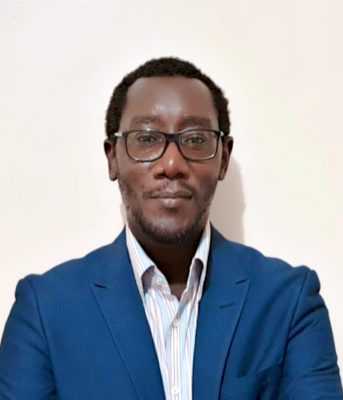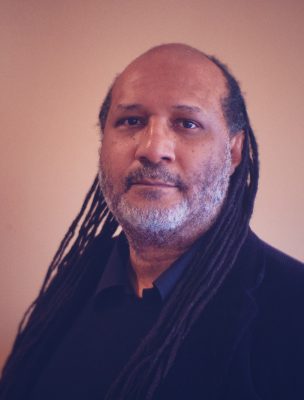
Speaker: Dr. Hady Ba, Associate-Professor of Philosophy at Cheikh Anta Diop University, Visiting Fullbright Scholar
Time & Location: 4pm, Friday, April 22, 2022 in Oak 117. Light refreshments will be provided.
Talk Title: Ape Linguistics and the Chomsky/Norvig debate
Abstract: According to Chomsky, statistical models of language, even though pragmatically successful can’t teach us anything about the nature of language which is rule based. Norvig disagree. According to him science goes from accumulation of data to explanation and back. In this talk, I’ll first show that despite advances in the statistical treatment of language, what happens is that the most successful algorithms for translation, completion and dialogue seem to mimic our brains treatment of language but have some limitations that we don’t know yet how to get rid of. Does this mean that we need better linguistic theories to get to the next step? To respond to this question, I will use data from animal linguistic cognition. I’ll argue that our experiments in teaching language to monkeys and the use by some researchers of tools from linguistics to analyze natural communicative production of apes show that there is a very specific, probably innate, component in humans’ ability to not only produce but also understand language. I will argue that contrary to what Chomsky think, this component goes beyond universal grammar and is probably due to the very peculiar nature of human sociability.
Meeting opportunities: Dr. Ba will be available during the day of his talk for individual or small-group meetings on Zoom or in-person. Please contact Crystal at crystal.mills@uconn.edu if you are interested.

